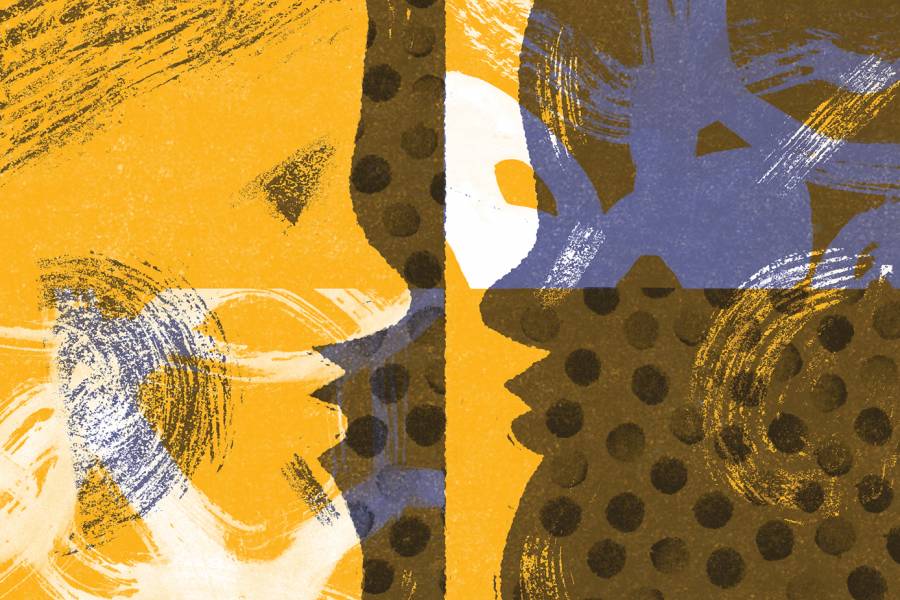When the pandemic began, my days started early and in a rush. I awoke before my alarm. I wasn't sleeping well and spent early mornings with my face jammed to an iPhone screen, anxiously poring over the latest news. I'd push myself out of bed, grab scrubs from the dryer, feed my terrier, and don a face mask before stepping into the crisp spring mornings of March 2020. Then I'd walk to Johns Hopkins Hospital and to my 12-hour nursing shift. The streets were eerily quiet. Bird songs, the low hum of the wind, and the meanderings of this or that stray cat: All of it became far more noticeable.
Since 2016, I've been a full-time psychiatric nurse at Johns Hopkins. I've nursed through the pandemic, caring for homeless patients convulsing from heroin withdrawal and adults experiencing daily panic attacks as the pandemic dragged on. Myriad acute psychiatric emergencies refused to take a back seat to COVID-19.
During non-COVID times, psychiatric nursing was an intimate, face-to-face experience involving deep listening and nonverbal communication, such as touch and physical closeness. The pandemic replaced closeness with social distancing and face masks that blunt nonverbal cues. With its 42 muscles, a face is the compass I use to navigate my patients' emotional states. After COVID-19, my patients' faces became hidden. My nonverbal responses were also hidden from them, causing misunderstandings. My usual assets in establishing a trusting bedside rapport—a big smile with dimples—were covered. Patients experiencing episodes of psychosis were further triggered by cadres of masked hospital officials interacting with them. Many patients could not, or would not, consistently wear masks. Fears and tempers simmered among caregivers and patients both, creating a palpable tension. Powder kegs and healing balms don't mix. We had to forge a new path.
Nurses are resilient and adaptable, like surfers harnessing the gravitational energy of massive waves, instead of being destroyed by them. I developed workarounds such as squinting, tilting my head, and raising an eyebrow to engage and show my presence to patients. I learned to speak louder and more slowly to prevent muffling. I began to use my arms to communicate. By slowing the conversation and sitting with patients, mask notwithstanding, I was truly present and ready to hike through patients' emotional landscapes with them, no matter how rugged the terrain.
Healing is like a spider's web: delicate and complex. It requires intimacy that takes trial, error, humility, and time. After months of collective uncertainty and loss, I found my way forward in my chosen profession. I am ever mindful of the tangled story each person carries. I see the dynamic, precious human behind every diagnosis and mask.
Posted in Voices+Opinion, Alumni
Tagged alumni, coronavirus, covid-19








